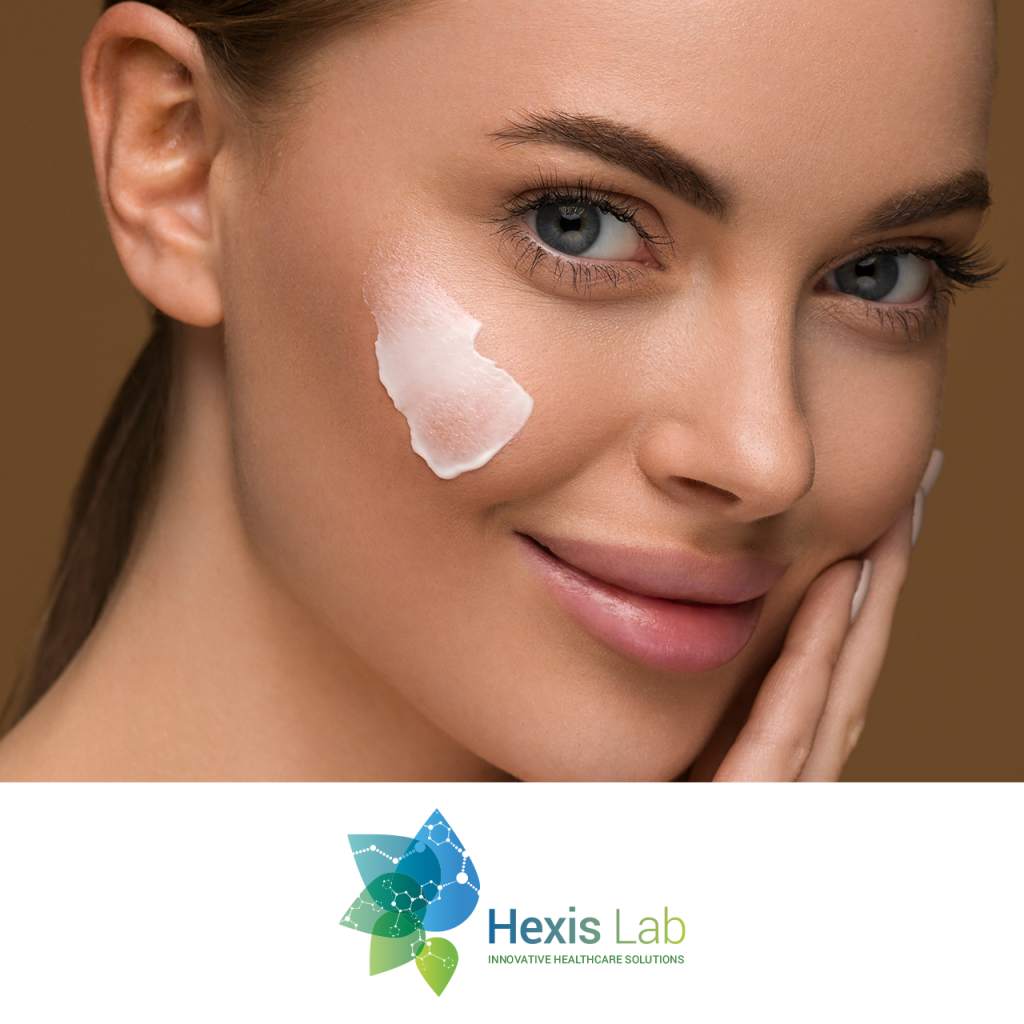Want to stay in the know when it comes to cosmetic ingredients? Delve into our bi-weekly round-up of the latest ingredients news and what that might mean for the industry.
Beiersdorf research puts blue light claims into doubt
Ingredients manufacturers might want to focus on blue light protection from sunlight UV rays, rather than electronic devices, if the latest research from Beiersdorf is to be believed.

Since the pandemic sent people all over the world into lockdowns, concerns have been elevated over the potential dangers of people staying at home and spending long hours in front of electronic devices such as tablets, mobile phones and laptops. In recent years many beauty and personal care ingredients players have developed products targeted at protecting skin from the potential damage caused by blue light emitted by these devices, ingredients that have been generating increasing interest due to increased screen time during the pandemic.
But a group of sun care specialists at Beiersdorf claims that its latest research indicates that potential damage from such screens is not a threat because the amount of blue light these devices emit is minimal.
“Public discourse has been characterized by a lack of knowledge and of scientific studies,” said Dr. Ludger Kolbe, who headed up the research team. “But through our research activities, we’ve managed to prove that the amount of artificial blue light emitted during conventional use of electronic devices is nowhere near enough to trigger harmful skin effects.”
The Beiersdorf team says it is now going to focus its resources on researching the potential damage to skin caused by blue light emitted by the sun, which it considers to be a far greater risk.
Indeed, the research team says it has discovered that if someone was to spend an entire week with their face 30cm away from a blue light-emitting device it would amount to the equivalent blue light exposure expected from one minute of sun exposure on a summer’s day in Hamburg, Germany, where the Beierdsdorf team is located.
The team says that blue light from the sun continues to pose “a very high-risk factor” to the skin and that measures to provide protection are of vital importance. The company’s research shows that natural blue light from the sun penetrates much deeper into the skin, leading scientists to label it as potentially dangerous.
Hexis Lab launches Phyto Protect
UK-based Hexis Lab has launched Phyto Protect, a new multifunctional cosmetic ingredient that is being positioned as both a preservative booster, as well as having skin hydration benefits.

According to the development team, Phyto Protect is a natural preservative booster that can help to boost the efficacy of a range of traditional preservatives commonly used in a broad selection of beauty and personal care products.
It has been developed using extracts from a number of natural raw materials, including citrus sinensis extract, and oryza sativa – a form of brown rice, together with bran extract and glycerol.
Also having skin hydration and moisturisation properties, it is said to help improve skin feel, while providing revitalizing benefits from both creams and lotions.
The ingredient is supplied in a vegetable-based glycerine that is said to be easily incorporated into water-based formulations, with a recommended dose level of 0.75% to 2.0%.
European Union adds CBG to the Cosing database
The European Union has added hemp-derived cannabigerol (CBG) as a legal ingredient, meaning it can now be included in a range of cosmetic and skincare formulations, allowing products containing it to be legally sold throughout the region. The move follows the EU’s decision to add hemp-derived CBD to the Cosing database back in February and indicates that the EU authorities are finally opening up to the possibility of hemp-based ingredients for beauty and personal care products.
Like the other hemp-derived ingredient, CBD, CBG is said to have anti-inflammatory, anti-bacterial and antioxidant properties that make it ideal for a broad selection of skin care products, including those targeting anti-aging, acne, moisturization and soothing.
Consumer interest in hemp-derived skin care products is on the rise, but because different parts of the world have had different approaches to legalizing it launches of cosmetic products containing the ingredient have been sporadic.
In 2018 the United States passed the Farmer Bill, legislation that moved towards the legalization of the production and distribution of CBD in consumer products. The legislation is serving to open up the county to CBD, although legislation still varies from state to state.
Symrise launches clean label ingredient, Hydrolex E
Symrise claims it has launched Hydrolex E, a pure version of ethylhexylglycerin with what is claimed to be outstanding emollient properties.
The ingredient has been developed to suit a wide range of emulsions, wipes, gels and surfactant-based products such as shampoos and shower gels, Symrise says. But it also taps into the trend for clean label products, an area that has seen a steep rise in popularity since the pandemic started.
The clean label trend is based on products using ingredients that are simple and natural, steering away from harsher, potentially toxic or synthetic ingredients, and ultimately helping consumers to navigate formulation complexity and weed out potentially troublesome ingredients.
The Symrise development team says that Hydrolex E meets this requirement because it is a single ingredient with a high purity level that is odorless, while also helping to protect formulation integrity.
“With Hydrolex E, we offer a superior quality multifunctional, ideal for use in a wide variety of cosmetic formulations. Its liquid state makes it very easy to work with and, being virtually odour-free, is perfectly suited for times when manufacturers aim for fragrance-free formulations,” says Dr Sabrina Behnke, senior global product manager at Symrise.
Interested in finding the latest ingredients?
Sign up for free at in-cosmetics Discover, the new ingredient directory


